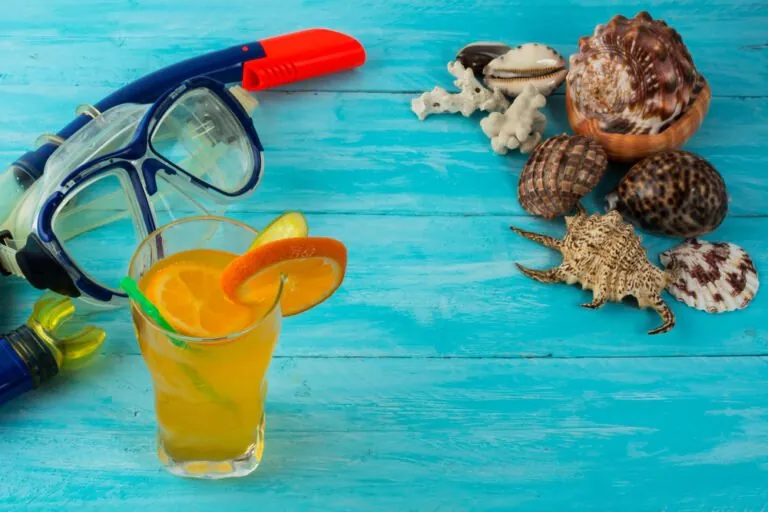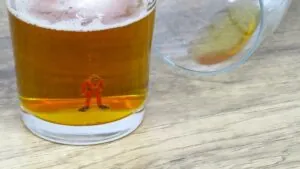Safe Sips and Sober Depths: The Impact of Alcohol on Scuba Diving

Embarking on a scuba diving adventure is an exhilarating experience that demands focus, precision, and utmost safety. While many factors contribute to a successful dive, the influence of alcohol on the body can significantly affect one’s ability to navigate the underwater world. Let’s explore the effects of drinking alcohol before and after a scuba dive, shedding light on the potential risks and considerations for divers.
The Before Dive Scenario:
- Dehydration: Alcohol is known to be a diuretic, meaning it increases urine production, leading to dehydration. Before a dive, adequate hydration is crucial for maintaining physical and mental alertness. Consuming alcohol can exacerbate dehydration, increasing the risk of fatigue and impairing decision-making underwater.
- Impaired Coordination: Alcohol impairs motor skills and coordination. Diving requires precise movements and a clear mind to navigate underwater obstacles and control buoyancy. Consuming alcohol before a dive can compromise these essential skills, potentially leading to accidents or injuries.
- Delayed Reaction Time: Diving often involves quick responses to changing conditions. Alcohol slows down reaction times, which can be detrimental in emergency situations. Impaired reaction time underwater poses a serious safety risk for both the diver and their dive buddies.
The After Dive Scenario:
- Delayed Decompression: After a dive, the body may experience residual nitrogen in the bloodstream, particularly if the dive involved depth or duration that requires decompression stops. Alcohol can further slow the elimination of nitrogen from the body, potentially increasing the risk of decompression sickness.
- Increased Fatigue: Diving can be physically demanding, and alcohol’s sedative effects can compound post-dive fatigue. The combination of physical exertion and alcohol-induced weariness may affect a diver’s ability to recover efficiently.
- Impaired Decision-Making for Future Dives: Consuming alcohol post-dive can affect the diver’s cognitive abilities. Poor decision-making regarding the timing of subsequent dives, depth, and other critical factors may compromise safety during future diving endeavors.
Alcohol Guidelines:
- Moderation is Key: Avoid excessive alcohol consumption at all times, especially before diving or while on a diving vacation.
- Pre-Dive Sobriety: Abstain from alcohol for a minimum of 8 hours before diving, aligning with the FAA’s rule for pilots.
- Post-Party Precautions: If you indulged the night before, skip the dive if a hangover is present, as it indicates significant dehydration.
- Hidden Hydration: Even without a hangover, rehydrate with noncarbonated liquids, particularly water, to counteract potential dehydration.
- Sober Resurfacing: Steer clear of alcohol for at least one hour after diving. For deep dives or those nearing no-decompression limits, consider extending the post-dive alcohol-free period. Avoid excessive intake even after the initial hour.

While the allure of a post-dive celebration with a drink may seem appealing, the potential risks associated with alcohol consumption before and after a scuba dive cannot be ignored. Divers are encouraged to prioritize their safety and well-being by abstaining from alcohol during the pre-dive period and considering its impact on recovery post-dive. By understanding how alcohol affects the body, divers can make informed decisions to ensure a safe and enjoyable underwater experience. Remember, a clear head and sharp focus are the best companions for exploring the wonders that lie beneath the surface.
